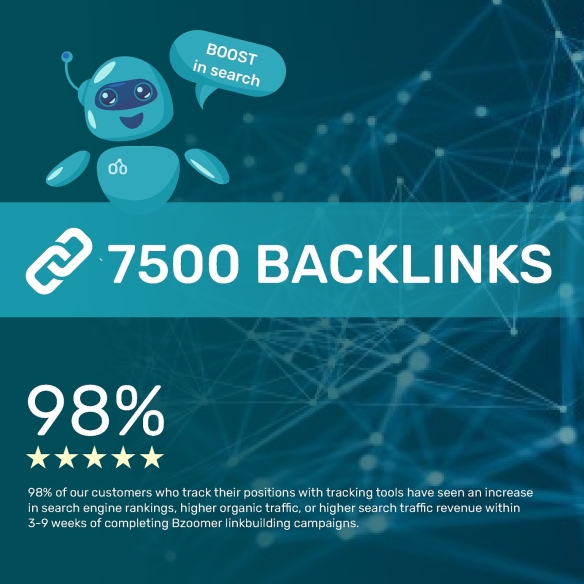In the highly competitive digital landscape, link building emerges as a potent SEO strategy to enhance your website's visibility, authority, and credibility. This strategy involves earning, creating, or placing links from other websites pointing to your own, facilitating traffic flow and boosting search engine rankings.
What is Link Building?
Link building is a key element of Search Engine Optimization (SEO). It refers to the practice of acquiring hyperlinks from other websites to your own. These links or 'backlinks' are used by search engines to crawl the web. They can crawl the links between the individual pages on your website and the links between entire different websites. Good quality backlinks can be a significant ranking factor and help improve your website's visibility in search results.
The Importance of Link Building
Enhancing SEO Performance
Search engines like Google use links to discover new web pages and to help determine how well a page should rank in their search results. The more high-quality relevant links pointing to your website, the higher the likelihood of achieving better rankings in the search results.
Driving Traffic and Building Relationships
Link building can also generate significant traffic to your website. When a visitor reads a good post and sees a backlink pointing to the source, there's a high chance they'll click on it, leading to increased traffic. This can also foster relationships with other businesses, leading to collaborative opportunities.
Building Brand Authority
Backlinks from reputable sites can improve your brand's online reputation. A link from a high-authority site signifies endorsement, which can help establish your site as a trusted source in your industry.
How Link Building Helps Your Website
Boosts Organic Ranking
Search engines prioritize websites with a larger number of quality backlinks. By building or earning more links, your website can move up in search rankings, leading to more organic traffic.
Faster Indexing
Search engine bots discover new webpages by following backlinks from existing webpages. Without any backlinks, your website may take time to get discovered and indexed by search engines.
Referral Traffic
Backlinks from popular, high-traffic websites can lead to increased referral traffic, which tends to have a lower bounce rate than direct traffic.
How to Implement a Successful Link Building Strategy
Create High-Quality Content
Creating engaging, informative, and high-quality content is key. Such content will naturally attract backlinks as other sites will want to link their readers to useful resources.
Guest Blogging
Guest blogging involves writing content for other websites in your industry. This can help you build relationships with industry leaders, and they typically allow you to include backlinks to your website.
Use Social Media
Promoting your content through social media can help it reach a wider audience. When your content goes viral, it attracts more backlinks.
Conclusion
Link building is an essential part of any successful SEO strategy. By understanding the importance of link building and implementing effective techniques, you can boost your website's visibility, credibility, and rankings in search engine results. It's important to remember that link building is a long-term process, but the benefits it provides are worth the effort.
In the end, it's not just about building links—it's about building relationships, credibility, and a strong brand presence in the digital world.



